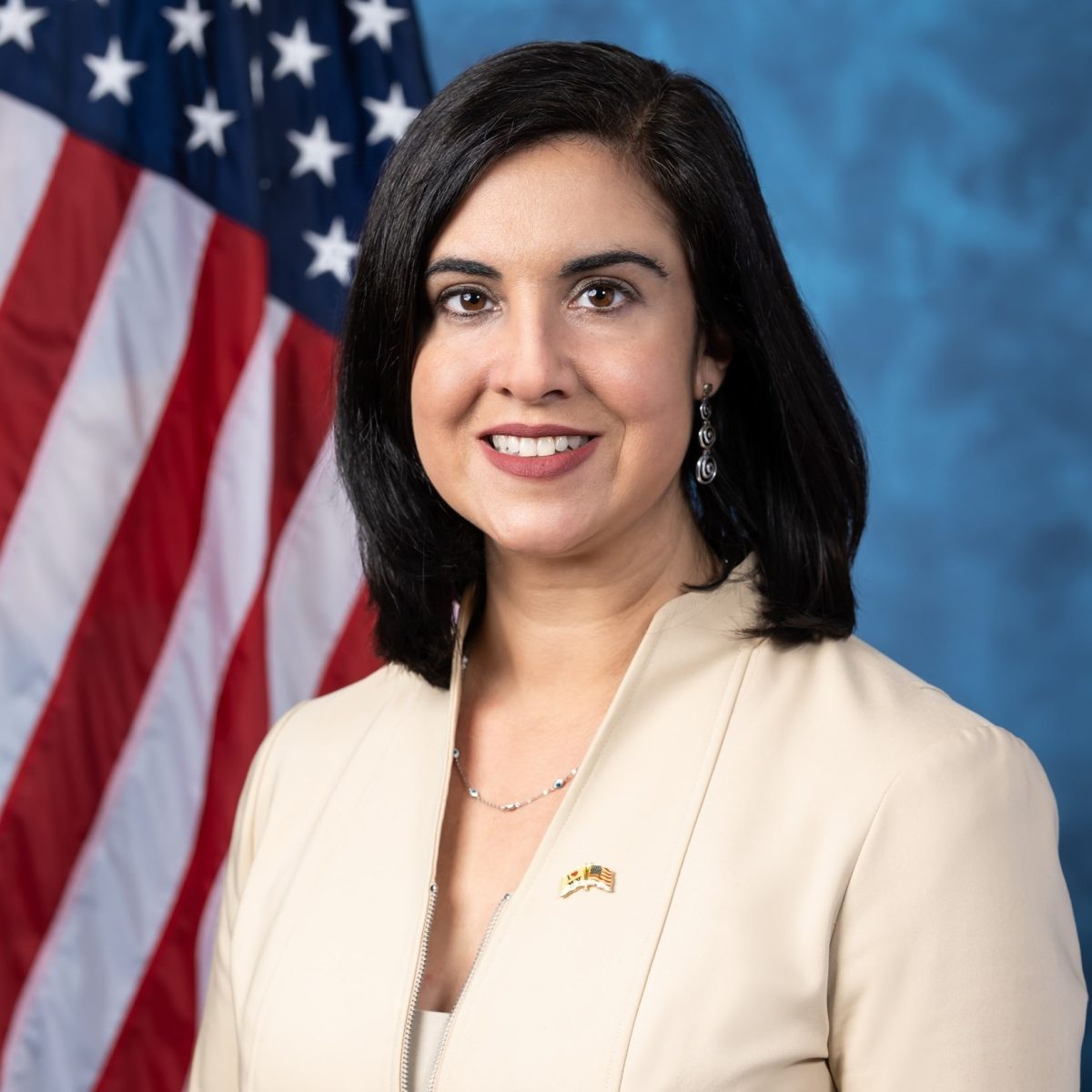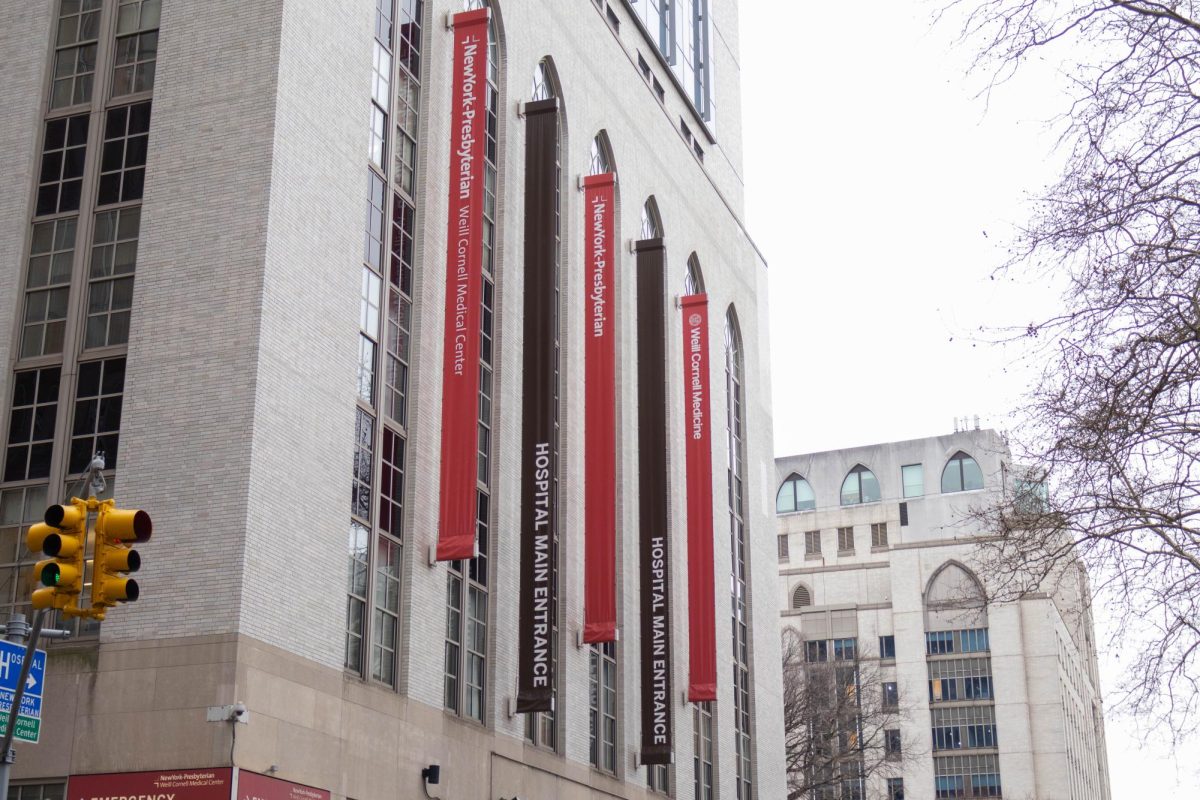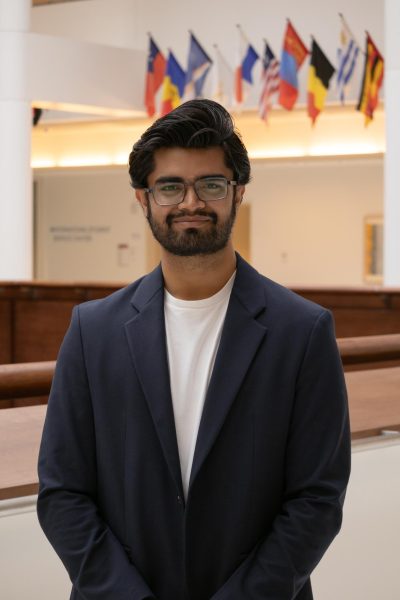The CUNY Graduate Center’s Teaching and Learning Center has been awarded a $1 million grant from Google.org, the tech conglomerate’s philanthropy arm, to spearhead a three-year initiative exploring the impacts of generative artificial intelligence on education.
This comes three months after Google.org announced that it would invest over $25 million to help educators and students learn more about how to use artificial intelligence.
The program, called Disciplinary Frameworks for Critical AI Literacy, aims to equip CUNY faculty and graduate student instructors with the tools and strategies to teach AI literacy effectively.
The program also aims to engage students in discussions about the technology’s influence on their studies, careers and subsequently, broader society.
Scheduled to launch in spring 2025, the initiative reflects the Graduate Center’s commitment to preparing educators for the challenges and opportunities posed by rapidly evolving AI technologies.
By leveraging interdisciplinary collaboration, the project hopes to produce open educational resources and actionable guidance for integrating AI literacy into higher education curricula, positioning CUNY as a leader in this burgeoning area of academic innovation.
The rise of generative AI tools such as ChatGPT has disrupted traditional teaching methods, prompting educators to rethink how technology interacts with learning.
Recognizing this shift, the CUNY initiative seeks to create a community of practice among educators from various disciplines who will design, test and refine teaching materials that align with their fields’ unique methodologies while incorporating interdisciplinary insights.
“This project comes at a critical moment as educators navigate the challenges and opportunities that AI presents,” Luke Waltzer, director of the Teaching and Learning Center and leader of the initiative said in the graduate center’s press release.“Our goal is to equip CUNY faculty with the tools and frameworks to purposefully acknowledge the presence of AI in their teaching, ultimately helping students understand how these technologies may impact their studies and careers.”
The initiative is expected to unfold in several stages over three years.
Beginning with a seminar series in spring 2025, the first cohort of CUNY faculty and graduate instructors will develop foundational knowledge in AI literacy.
This will be followed by an intensive summer institute where participants will co-create teaching materials tailored to their disciplines.
These resources will then be piloted in classrooms, with feedback and research collected to refine the curricula.
After building upon itself for its three years and inviting other educators along the way, the initiative will culminate in fall 2027 with the release of tested curricula, white papers and open educational resources aimed at ensuring educators worldwide can benefit from the project’s insights.
The initiative is backed by an advisory board comprising of experts from CUNY’s Computing Integrated Teacher Education program, the Library Information Literacy Advisory Committee and other prominent CUNY groups.
Key contributors include Assistant Director Laurie Hurson, who will oversee curricular design, graduate fellow Zach Muhlbauer, creator of the center’s Teach@CUNY AI Toolkit and Şule Aksoy, STEM education postdoctoral fellow leading the research component.
Tequila Lamar, Google.org’s NYC outreach lead said Google is proud to help empower students and faculty to engage critically with AI.
“This program aligns with our commitment to fostering responsible AI development and ensuring that its benefits are shared broadly,” Lamar said in the graduate center’s press release.









